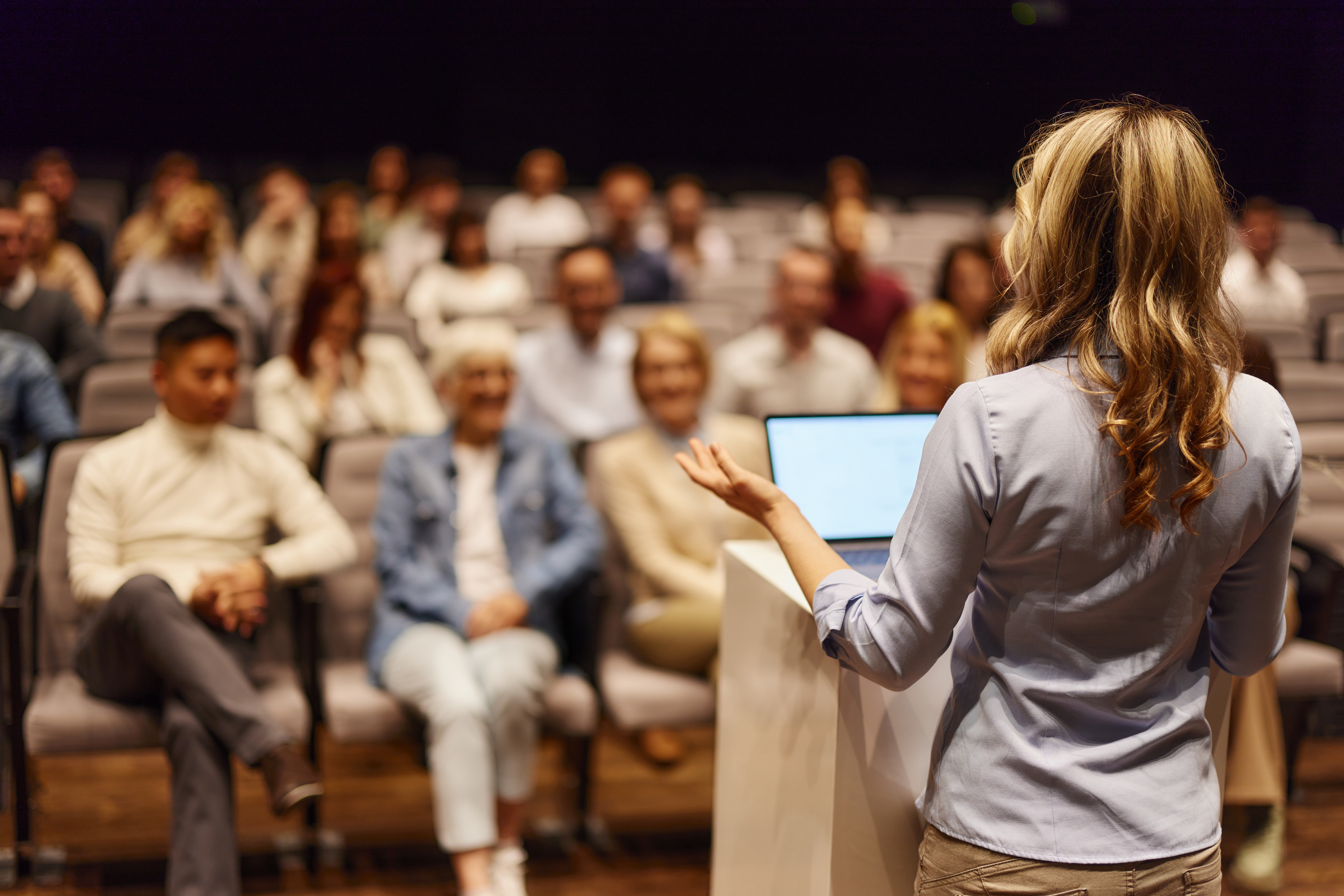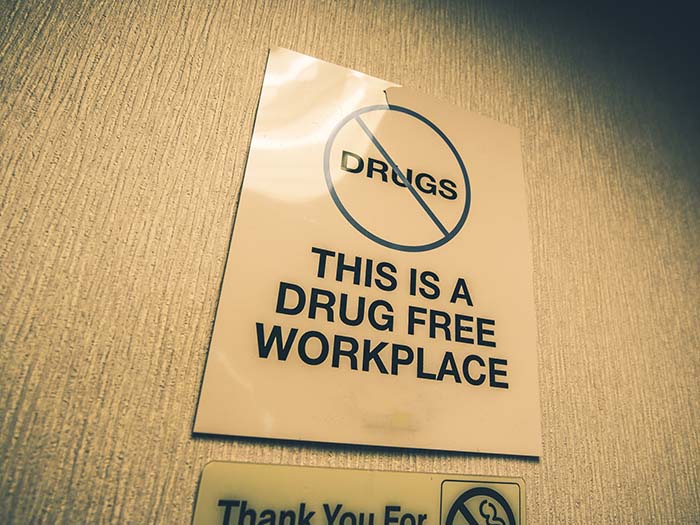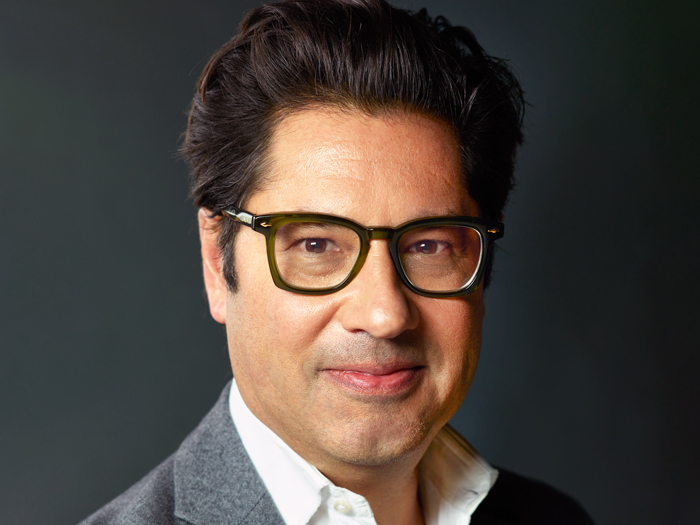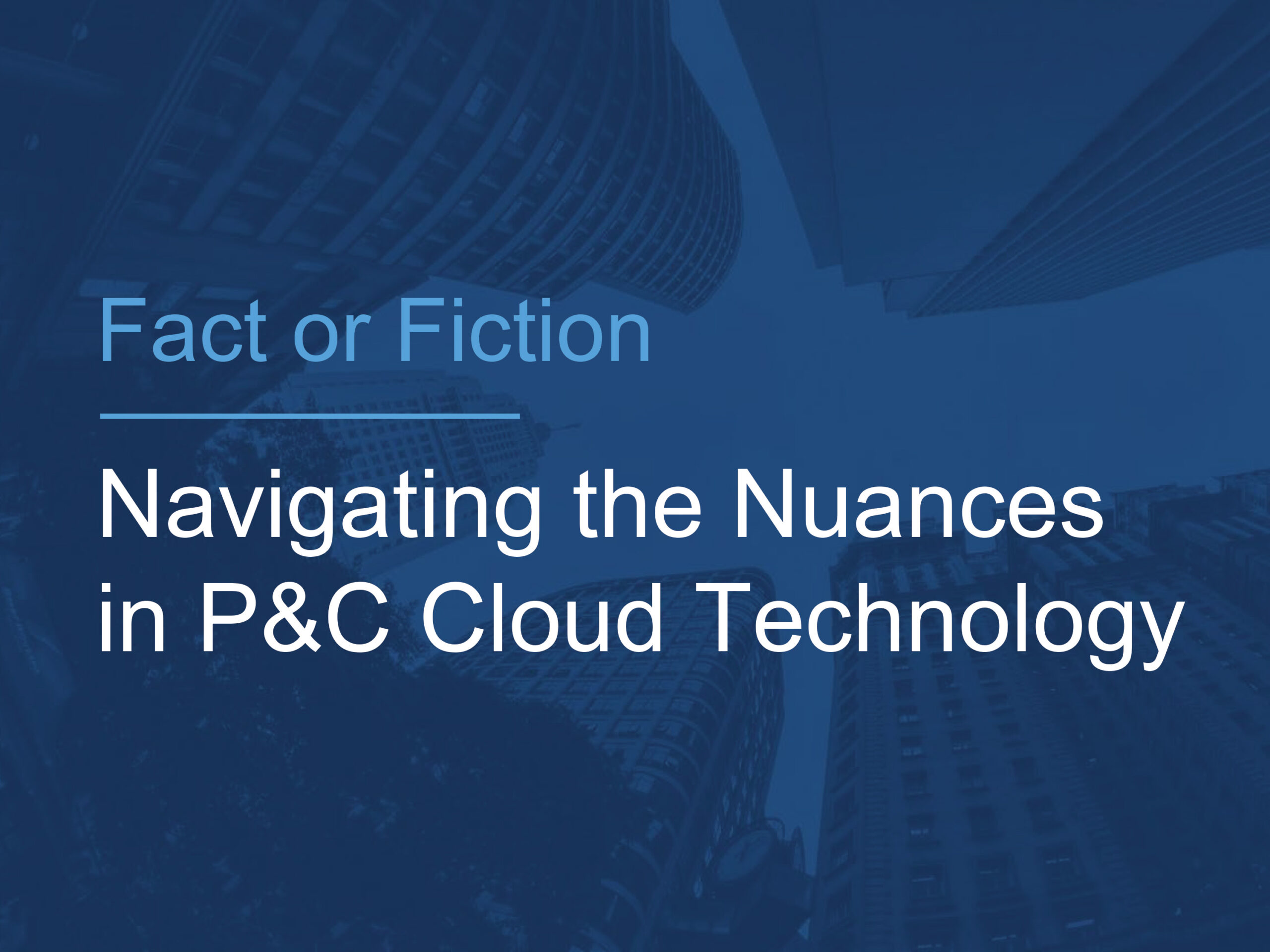Balancing Risk and Uncertainty May Be COVID-19’s Biggest Lesson. How Well Are We Learning It?
As we approach the 2020 U.S. presidential election, dozens of “experts” are predicting the future.
I am not one of them.
In school, I read about Nostradamus (1503-1566), a French astrologer and reputed seer, who predicted great events including the Great Fire of London (1666), the rise of Adolf Hitler, the death of princess Diana and the September 11 attacks on the World Trade Center.
It was only a matter of time before we came upon an Internet quote where Nostradamus predicted the current pandemic: “There will be a twin year from which will arise a queen who will come from the east and who will spread a plague that will transform the twilight of men into dust destroying the world.”
Obviously, 2020 is the “twin year,” the queen is “corona,” the East is “China,” the dust is “death,” and “destroying the world” is a collapse of economic activity.
What would we have done differently if we realized the meaning of this quote prior to January of 2020? Maybe we would have more speedily developed a risk management strategy to reduce the worst viral infection since the 1918 global flu pandemic.
Alas, we did not predict the future. Now we have to deal with it from two perspectives — risk and uncertainty.
Risk is the possibility of loss or injury or the failure to seize opportunity. We spot many risks in early stages:
- A child is warned about touching a hot stove and makes a risk management decision to avoid the possibility of a burn — or verify it.
- A teenager wants a date for the junior prom and takes an action that will produce a desirable outcome or a humiliating rejection.
- An adult accepts a job and thereafter deals with the drawbacks and advantages associated with it.
Uncertainty is another thing entirely. It holds the promise of a loss or gain from something that we do not see coming.
- A child obeys instructions on crossing the street on the walk signal and is injured by a driver who runs a red light.
- A teenager mixes alcohol with an asthma medication and has serious side effects.
- An adult places her life savings with Bernie Madoff a few months before his investment fund is exposed as a massive Ponzi scheme.
We face both risk and uncertainty daily but deal with them as separate realities.
We can manage risk. We see the danger. We identify optional behaviors. We choose the path mostly likely to succeed. Sometimes we win. Sometimes we lose.
Uncertainty is a different ballgame. We turn around and it hits us in the face.
The only way to handle it? We must prepare in advance for disruption in different areas of our lives.
Some examples:
- We deal with health uncertainties by proper eating, sleeping, exercising and checkups with doctors, dentists and health care professionals.
- We deal with financial uncertainties by developing employable skills, avoiding excessive debt, and saving money in good times to be available for an unexpected economic setback.
In the context of risk and uncertainty, COVID-19 was a foreseeable risk. Viral infections kill lots of people. The Spanish flu (1918–1920), Asian flu (1957–1958), Hong Kong flu (1968–1969), and Swine flu (2009-2010) are among the best known.
Now, eight months later, we need to deal with COVID-19. To whom do we go for answers?
Not Nostradamus. Unfortunately, his quote on the Internet was fake. There is no evidence he knew about the virus.
Maybe, instead, we turn to Will Rogers (1879-1935). He pointed out wisdom for dealing with risk: “When you find yourself in a hole, quit digging.”
Or perchance, Doctor Anthony Fauci (1940-Still alive). He tells us, “Wear masks and socially distance.”
Rogers and Fauci. Two old timers. “Stop misbehaving.” “Climb out of the hole.”
I go with them. &










